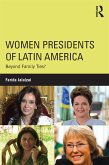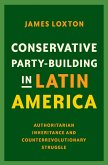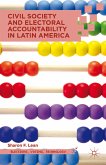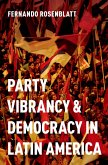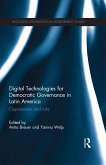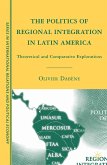Producing more effective governance is the greatest challenge that faces most Latin American democracies today-a challenge that involves not only strengthening democratic institutions but also increasing governmental effectiveness. Focusing on the post-1990 period, this volume addresses why some policies and some countries have been more successful than others in meeting this dual challenge.
Two features of the volume stand out. First, whereas some analysts tend to generalize for Latin America as a whole, this group of authors underscores the striking differences of achievement among countries in the region and illustrates the importance of understanding these differences. The second feature is the range of expertise within the volume.
In addition to the volume editors, the contributors are Alan Angell, Daniel Brinks, Fernando Henrique Cardoso, José de Gregorio, Alejandro Foxley, Evelyne Huber, José Miguel Insulza, Juliana Martínez Franzoni, Patricio Navia, Francisco Rodriguez, Mitchell Seligson, John Stephens, Jorge Vargas Cullell, and Ignacio Walker.
Two features of the volume stand out. First, whereas some analysts tend to generalize for Latin America as a whole, this group of authors underscores the striking differences of achievement among countries in the region and illustrates the importance of understanding these differences. The second feature is the range of expertise within the volume.
In addition to the volume editors, the contributors are Alan Angell, Daniel Brinks, Fernando Henrique Cardoso, José de Gregorio, Alejandro Foxley, Evelyne Huber, José Miguel Insulza, Juliana Martínez Franzoni, Patricio Navia, Francisco Rodriguez, Mitchell Seligson, John Stephens, Jorge Vargas Cullell, and Ignacio Walker.
Dieser Download kann aus rechtlichen Gründen nur mit Rechnungsadresse in A, D ausgeliefert werden.



